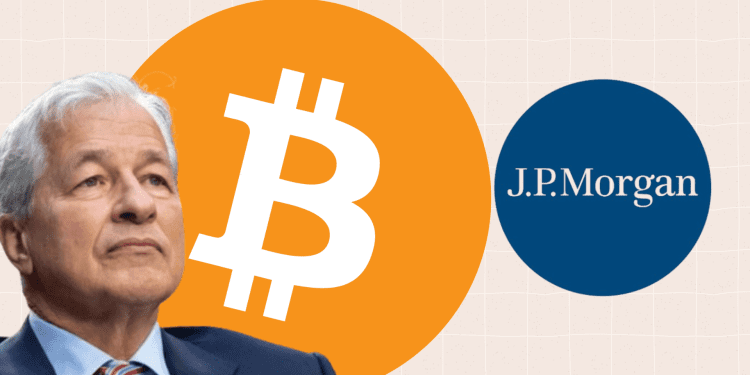- Jamie Dimon, CEO of JPMorgan, dismissed Bitcoin as having no actual value and mainly enabling illegal activities like money laundering.
- Dimon expressed caution about the U.S. economy, believing the chances of a recession in 2024 are higher than many expect due to trends like consumer savings running out.
- Dimon is skeptical the Fed can rapidly cut rates if a recession hits due to ongoing inflationary pressures from government spending, global trade, and other factors.
JPMorgan CEO Jamie Dimon has long been critical of cryptocurrencies like bitcoin. In his latest comments, he called bitcoin “worthless” and said it enables criminal activities.
Dimon Dismisses Bitcoin as Having No Value
Dimon blasted bitcoin as having no actual value. He stated that the main uses for cryptocurrencies are illegal activities like sex trafficking, tax avoidance, money laundering, and terrorism financing. Cryptocurrencies allow for anonymous transactions that are difficult to trace. Dimon has previously referred to bitcoin as a “fraud” and compared crypto tokens to Ponzi schemes.
Caution on Economic Outlook
The billionaire banker also expressed caution about the health of the U.S. economy. He believes the chances of a recession in 2024 are higher than many expect.
Concerns Over Soft Landing
While equity and credit markets have priced in a soft landing for the economy, Dimon is skeptical. Key economic trends make him worried:
- Consumer pandemic savings likely to run out
- Interest rates still above 5%
- Rising government interest payments
- Fed balance sheet reduction not started yet
Potential Triggers of Recession
Dimon pointed to other issues that could trigger recession:
- Ongoing conflicts in Ukraine and the Middle East affecting commodity prices
- Reshaping of global trade relationships
- Remilitarization happening in many countries
Skepticism on Swift Fed Rate Cuts
Dimon believes the pace of inflation may prevent the Fed from rapidly reversing rate hikes. He thinks the fiscal deficit, government spending programs, and global trends remain inflationary. As a result, the Fed may not be able to cut rates as quickly as markets expect if recession hits.














